How many revolutions?
Iran is model that appeals to Muslim states struggling with ill-digested ideology after rejecting modernists.
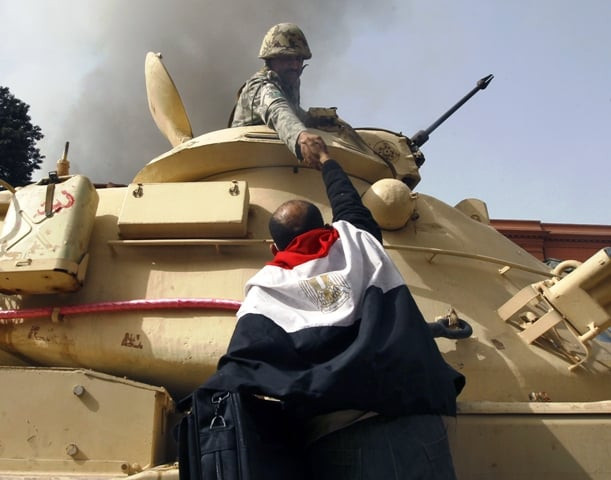
One must judge Pakistan on the criterion of success or failure of the post-colonial state. Unfortunately, most Muslim states are struggling to prove they are viable. In Africa, most post-colonial states have plunged into turmoil because the ‘idea of the state’ is complicated by pre-modern ideology or tribalism. As far as Pakistan is concerned, it is in a different category. Yet, one can also say that Pakistan is on the edge of the geographical boundary from where the troubled state actually begins to assert itself more emphatically.
Iran is the model that appeals to most Muslim states struggling with an ill-digested ideology after rejecting their 20th century modernist philosophers. Pakistan as a model is imperiled by the presence on its soil of religious-terrorist elements it doesn’t control.
The positive elements are clear. Pakistan gives full play to all the political entities present in the country. Unlike Egypt, it allows religious parties to contest elections; it does not ban political opposition like Iran. Restrictions placed on religious elements in Egypt and Tunisia have pushed them underground and transformed religion into an enemy of the state. In Pakistan, mainstream non-religious parties win elections and the religious parties take a much lower profile as popular entities. It is true, in the case of Pakistan, that the democratic process is the solvent of non-representational violence. Pakistan also has a vibrant and relatively free press, notwithstanding that times are dangerous for journalists and that there is some self-censorship on issues related to military coverage and corruption, for instance.
The glaring example of Egypt’s suppression of the Ikhwanul Muslimoon can be cited in contrast. This suppression has crippled the ability of the organisation to act normally and has pushed many in extremist directions. The Ikhwan made a comeback in 2005 when they posted victories in Egypt’s parliamentary elections. This was followed by more suppressive policies by President Hosni Mubarak. But the threat of the Ikhwan is felt by the secularists of Egypt.
Until Pakistan allowed international jihad outside its own armed forces, the ‘difference’ separated Pakistan’s democracy from the governance models in the rest of the Muslim world. Today, however, international brigades of warriors in Pakistan have begun to pressure the democratic process and have placed Pakistani citizens in a situation of intimidation, where the choice of either supporting the state and its democratic order, or accepting a coercive Islamic order, is destabilising the country.
What is more, the democratic process is further in jeopardy in the face of the ‘street muscle’ of the religious parties — some of them linked to al Qaeda through the madrassa network — capable of sustaining prolonged protest marches in major cities. The shrinking of the state has allowed a kind of re-tribalisation of society in some areas. Vast regions are outside its effective jurisdiction while, in the administered areas, panchayats and jirgas are busy issuing unconstitutional and illegal judgments.
Now take a look at the ironies inherent in this comparison. Non-democratic states like Saudi Arabia, Morocco and the UAE have the stability and the law and order situation suitable for economic development. Democratic Pakistan is increasingly unsuited to economic development because of the weakness of its state and terrorism. Just as the world is telling Egypt to allow more democracy, it is telling democratic Pakistan to move against its ‘non-state actors’ spreading terrorism and then using Pakistan as ground zero to spread terrorism in the rest of the world.
Published in The Express Tribune, February 1st, 2011.

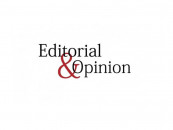
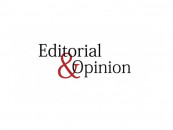

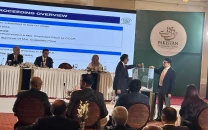
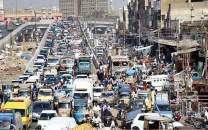
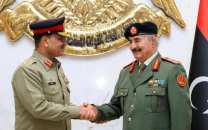

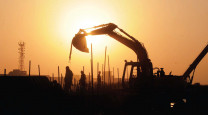
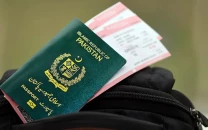






COMMENTS
Comments are moderated and generally will be posted if they are on-topic and not abusive.
For more information, please see our Comments FAQ